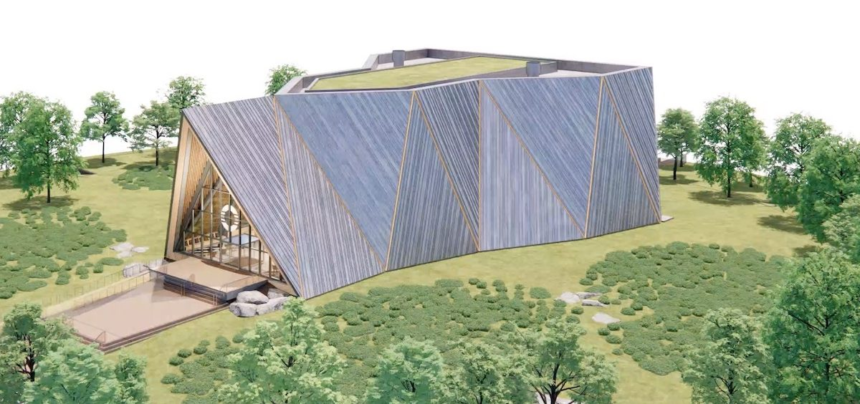- Oklo makes small, modular nuclear reactors using recycled fuel.
- SPAC plans with Altman aim to meet AI computing’s energy needs.
- Factory-built plants target remote sites and tap recurring revenue streams.
Nuclear power enthralled entrepreneur Jake DeWitte, who grew up near the birthplace of atomic energy. But antiquated business models have long hampered the vast, carbon-free energy source, the Oklo cofounder argues.
Reimagining Nuclear in the AI Age
His startup aims to reimagine nuclear for the AI age by making reactors smaller, simpler, and able to run on recycled waste. Oklo is going public to scale that vision via OpenAI CEO Sam Altman’s newest blank-check company.
Altman shares DeWitte’s belief that the intensive computing demands of artificial intelligence require a cleaner but still reliable grid. And interest from partners like Siemens underscores investor appetite.

Going Public Can Boost Demand
Oklo’s reactors can be built in factories for fast, affordable deployment adapted to customers’ needs. Co-locating them eliminates costly transmission infrastructure for data centers and other clients.
The startup also touts fuel lasting over a decade inside its Aurora model based on a proven test design. Such advantages suit remote sites like Alaska bases, which Oklo aims to build.
Pursuing projects has often proved frustrating, with licensing and contract issues. But DeWitte expects going public to expedite efforts to sell modular nuclear power amid booming demand.

Exciting Year Ahead
By operating its plants versus just licensing reactor blueprints, Oklo can also tap steadier recurring utility revenues. And the massive decarbonization opportunity ensures room for many players to thrive, DeWitte says.
So, with small-scale flexibility on its side, 2024 could prove a pivotal year for Oklo’s next-generation nuclear ambitions if the SPAC deal closes as expected.









